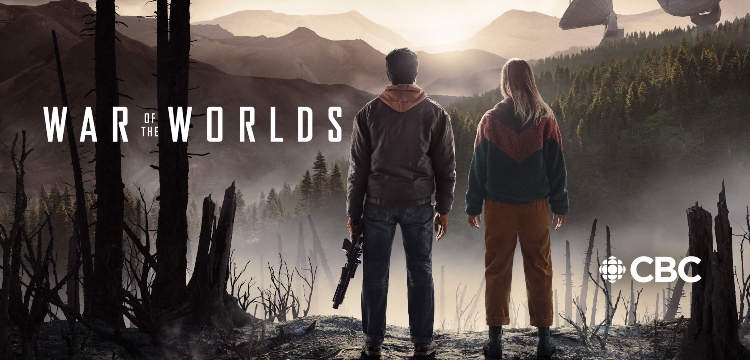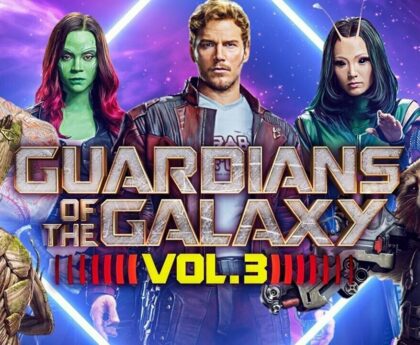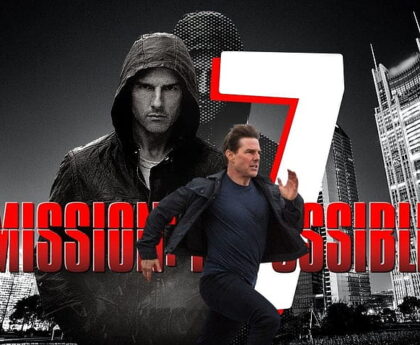Introduction
The War of the Worlds remains one of the most iconic wisdom fabrication novels ever written. Penned byH.G. Wells and published in 1898, this gripping narrative takes compendiums on a thrilling trip through an interplanetary irruption, challenging our comprehension of humanity’s place in the macrocosm. With its enduring heritage and multitudinous acclimations, The War of the Worlds continues to allure cults, serving as a moral tale and a testament to the insuperable spirit of humanity.
Synopsis
Set in late Victorian England, The War of the Worlds recounts the harrowing experiences of an unnamed protagonist, commonly referred to as the Narrator. The story begins with strange occurrences on the planet Mars, including inexplicable flashes of light and unusual gas emissions. Initially dismissed as nothing more than astronomical curiosities, these events soon evolve into a full-scale invasion by Martians, who arrive on Earth in colossal tripod machines armed with devastating heat-ray weapons.
As the Martians ruthlessly lay waste to cities and countryside alike, the Narrator finds himself swept up in the chaos and destruction. The desperate struggle for survival becomes the central focus, as humanity’s scientific and military prowess prove futile against advanced alien technology. The invaders, impervious to human weaponry and possessing an unmatched intelligence, systematically dismantle human resistance.
However, amidst the bleakness and despair, there are glimpses of hope. The Narrator encounters fellow survivors and witnesses both acts of heroism and moments of human compassion. The resilience of the human spirit emerges as a powerful force, as individuals band together to face the existential threat. Ultimately, the Martians succumb to Earth’s microbes, having no immunity to the planet’s bacteria. The invaders, weakened by disease, are swiftly defeated, and humanity breathes a sigh of relief.
Themes and Significance
The War of the Worlds explores several thought-provoking themes that continue to resonate with readers:
The Limits of Human Power
Wells challenges the notion of human superiority and exposes the vulnerability of mankind when confronted with an overwhelmingly advanced civilization. The Martians’ technological superiority reveals the fragility of human achievements and serves as a reminder of our limitations.
Darwinian Survival
The novel delves into the survival instinct and the lengths individuals will go to ensure their own existence. The struggle for survival becomes the driving force for the characters, forcing them to confront their own humanity and question their values.
Colonialism and Imperialism
Wells skillfully utilizes the alien invasion as an allegory for the oppressive nature of colonialism. By reversing the roles of colonizer and colonized, he sheds light on the devastating consequences of unchecked power and domination.
Evolution and Adaptation
The War of the Worlds prompts reflection on the adaptability of life forms and the concept of evolution. While the Martians initially possess superior technology, they are ultimately defeated by the humblest of organisms—the Earth’s microorganisms. This juxtaposition showcases the unpredictability and complexity of nature.
Legacy and Adaptations
Since its publication, The War of the Worlds has become a cultural phenomenon, inspiring countless adaptations across various media. Orson Welles’ infamous 1938 radio dramatization caused widespread panic due to its realistic news bulletin-style format. Numerous films, television series, and even a concept album by Jeff Wayne have further cemented the novel’s influence.
The enduring appeal of The War of the Worlds lies in its ability to tap into humanity’s collective fears and aspirations. It forces us to contemplate our place in the cosmos and the fragility of our existence. H.G. Wells’ visionary work has undoubtedly shaped the science fiction genre and continues to captivate audiences, reminding us of the eternal struggle between our mortal limitations and the boundless mysteries of the universe.
war of the World cast
Tom Cruise
In the 2005 film adaptation directed by Steven Spielberg, Tom Cruise played the lead role of Ray Ferrier, a divorced father caught in the midst of an alien invasion.
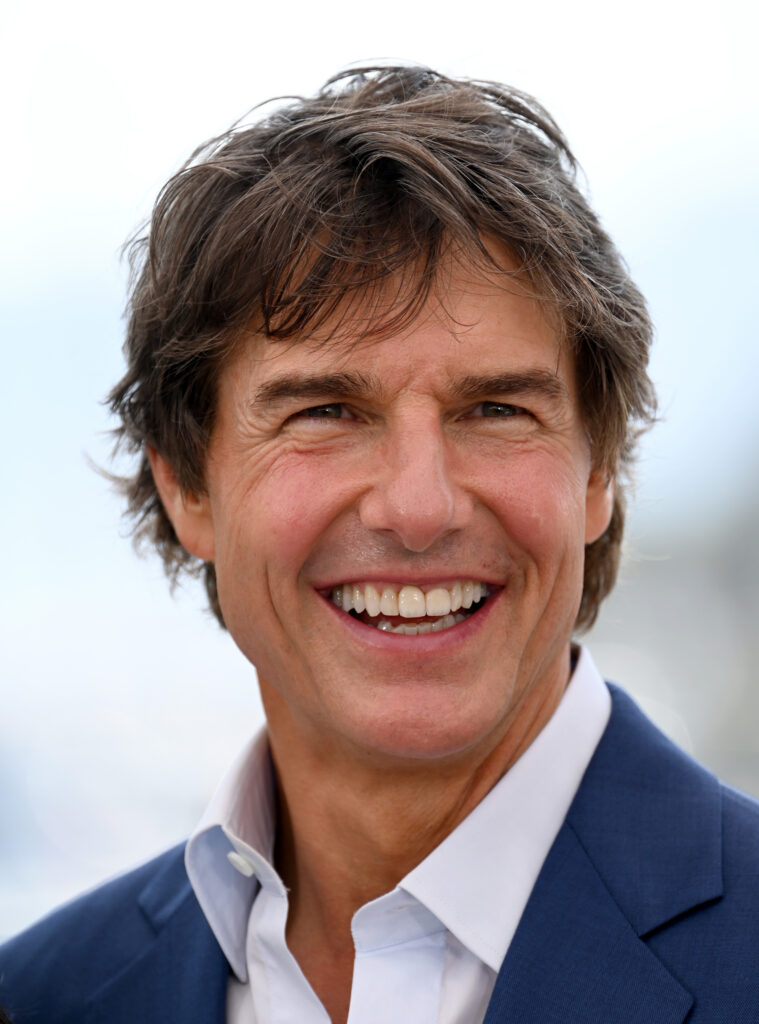
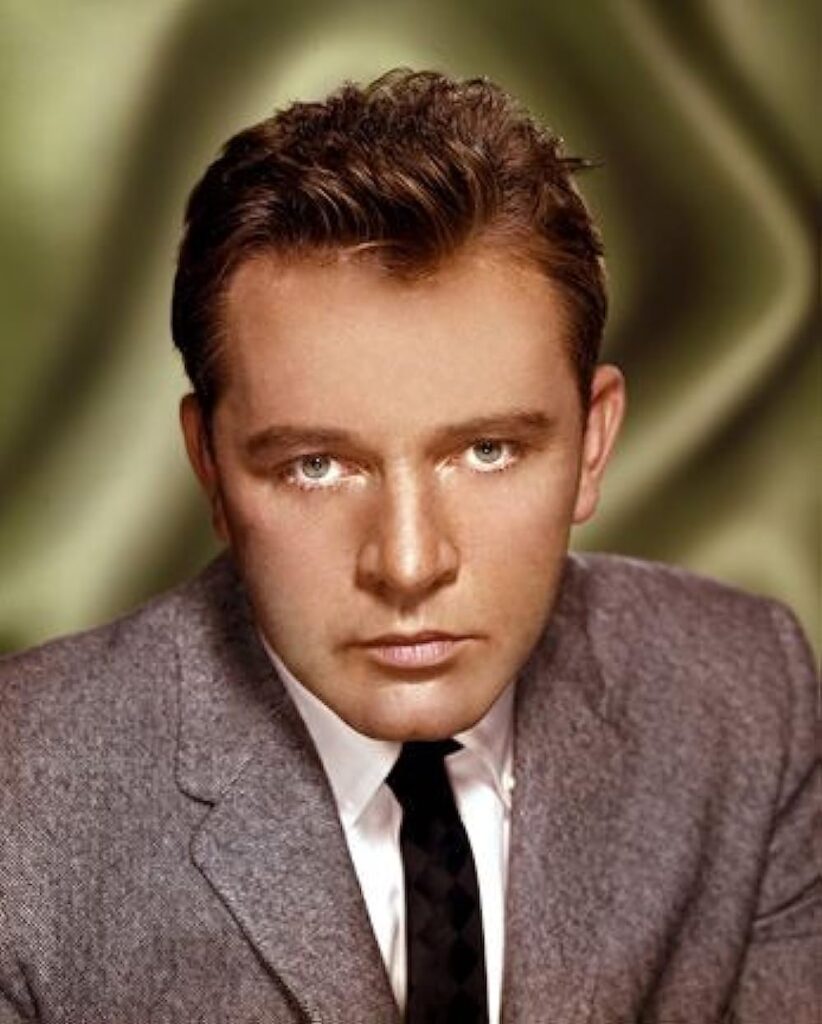
Richard Burton
In the 1978 musical concept album and subsequent stage production by Jeff Wayne, Richard Burton provided the narration as the Journalist, guiding listeners through the events of the invasion.
Gabriel Byrne
In the 2019 television series adaptation by BBC One and Fox, Gabriel Byrne portrayed Bill Ward, a scientist, and ex-husband of the main character, who becomes entangled in the alien invasion.
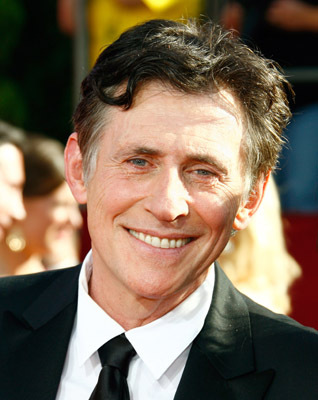
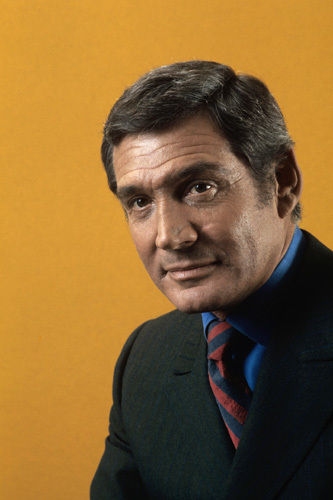
Gene Barry
In the 1953 film adaptation directed by Byron Haskin, Gene Barry starred as Dr. Clayton Forrester, a scientist who fights against the invading Martians.
Eleanor Tomlinson
In the 2019 television series adaptation, Eleanor Tomlinson played the role of Amy, the sister-in-law of the main character, who becomes separated from her family during the invasion.

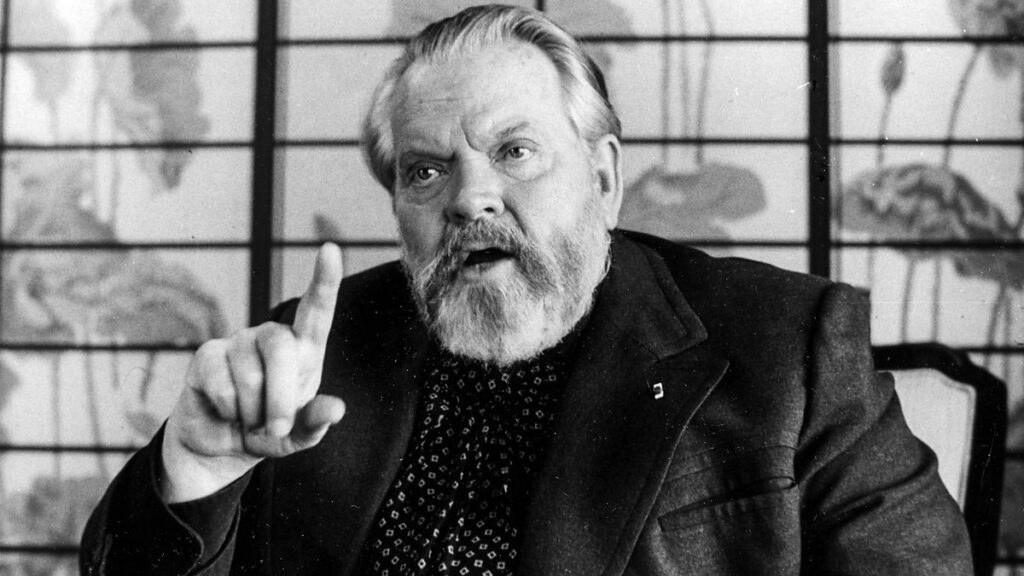
Orson Welles
In the infamous 1938 radio adaptation produced by Orson Welles and The Mercury Theatre on the Air, Welles himself provided the narration and played the role of the Journalist.
Morgan Freeman
In the 2005 film adaptation of The War of the Worlds, Morgan Freeman provided the narration, lending his iconic voice to guide viewers through the events of the alien invasion.
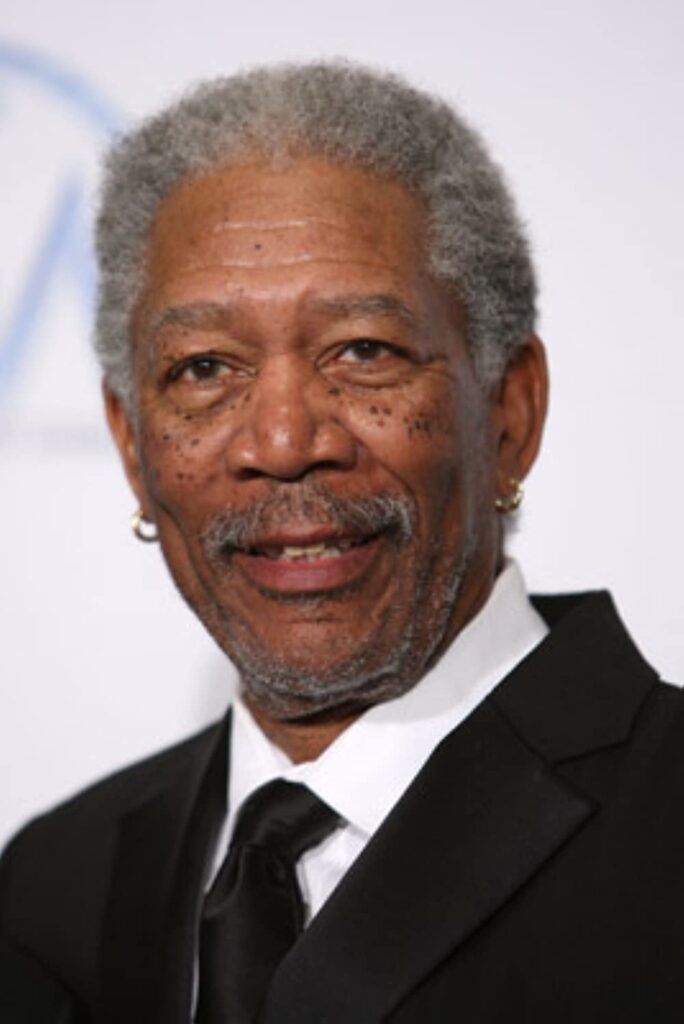
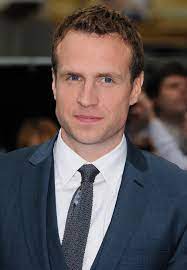
Rafe Spall
In the 2019 television series adaptation, Rafe Spall portrayed George, the main protagonist who becomes embroiled in the fight against the Martians.
Justin Chatwin
In the 2005 film adaptation, Justin Chatwin played the role of Robbie, the teenage son of Tom Cruise’s character, who becomes separated from his family during the invasion.
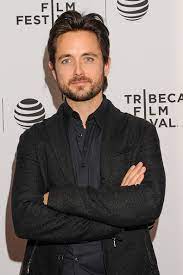

Carrie Henn
In the 1988 television series adaptation, Carrie Henn, known for her role as Newt in Aliens, played the character of Susan, a young girl caught in the chaos of the Martian invasion.
Simon Pegg
In the 2005 film adaptation, Simon Pegg had a supporting role as Ogilvy, a paranoid and eccentric character who becomes an ally to Tom Cruise’s character.

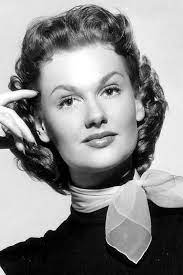
Ann Robinson
In the 1953 film adaptation, Ann Robinson played the role of Sylvia Van Buren, a woman who forms a bond with Gene Barry’s character as they navigate the alien invasion together.

